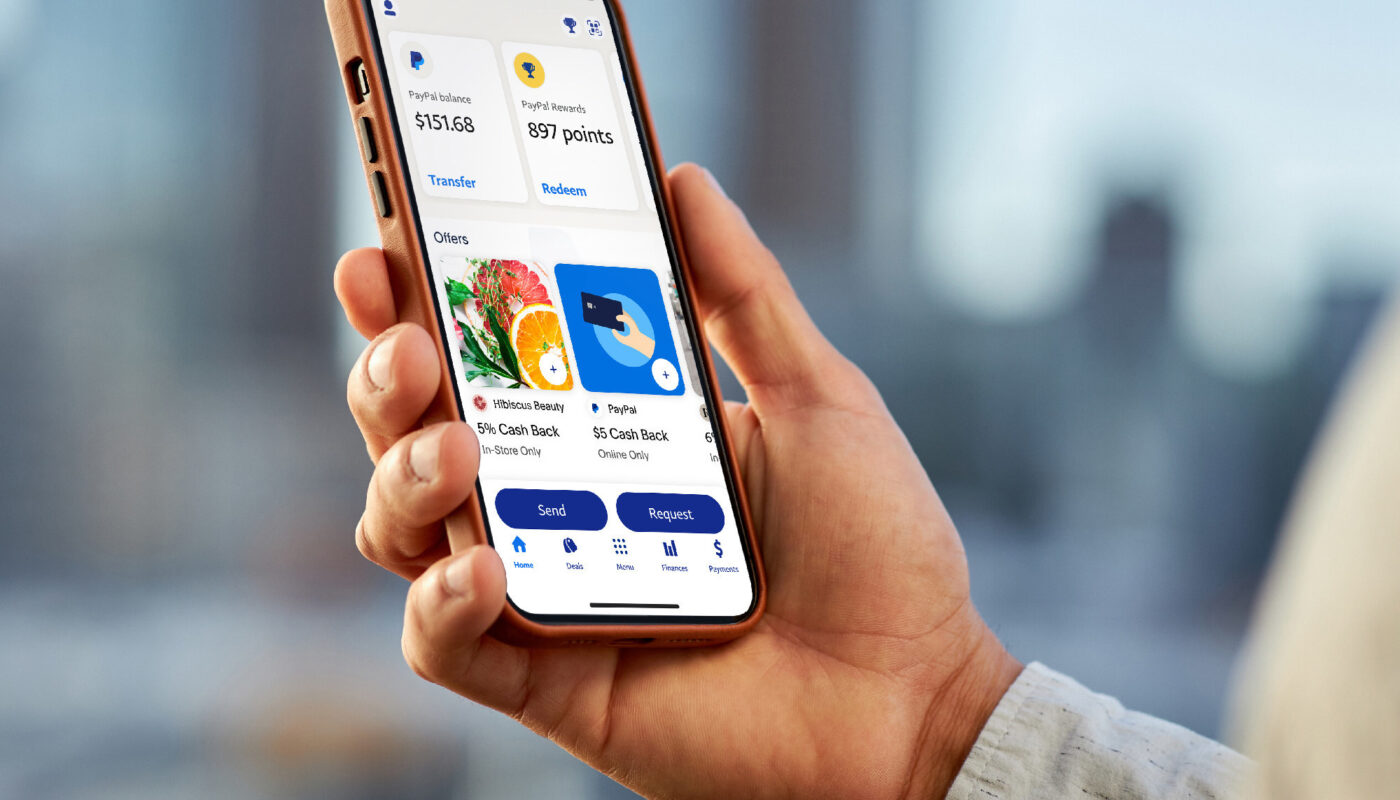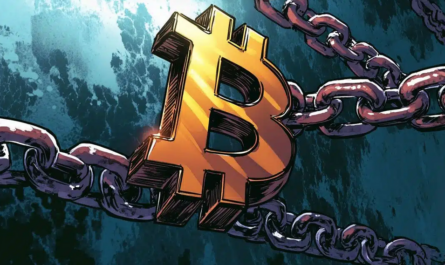Key Takeaways:
-
PayPal Money Pools allow users to save and split expenses for shared goals.
-
Contributions can be made even by individuals without a PayPal account.
-
The pool organizer has control over the funds, with the ability to spend or transfer the money.
PayPal has relaunched its Money Pools feature, offering a simple and efficient way to pool money for group expenses and shared financial goals. Whether it’s organizing a trip with friends, collecting money for a birthday gift, or saving for a joint purchase, Money Pools makes it easier than ever to manage contributions and track spending—all without extra fees.
How Money Pools Work
The Money Pools feature is integrated into the PayPal mobile app, allowing users to either create their own pool or contribute to an existing one. Even those without a PayPal account can participate, making it flexible for groups with varying levels of familiarity with the platform. Once funds are added, the pool organizer controls the money, with the option to spend it directly or move it into their own PayPal or bank account.
PayPal highlights that Money Pools are designed to foster collaboration and social connection, making it simple for friends, family, or colleagues to plan and finance shared activities. According to the company, the feature can be particularly useful for situations such as:
-
Trip planning with friends or family
-
Group gifts for special occasions
-
Dining or entertainment expenses among colleagues or friends
At launch, Money Pools will be available in select countries, including the United States, Germany, Italy, and Spain, with plans for broader expansion expected in the future.
Creating and Managing a PayPal Money Pool
Setting up a Money Pool is quick and straightforward:
-
Open the PayPal app and navigate to the “Pool Money” option from the main menu.
-
Alternatively, select “More Options” and then tap “Send/Request” to create a new pool.
-
Set your pool details, including the goal date, title, description, and target amount to be raised.
-
Generate a shareable web link that can be sent via messaging apps, email, or social media.
-
Invite contributors to join the pool. Anyone with the link can add funds using a valid payment method—even if they don’t have a PayPal account.
The intuitive interface makes it easy to track contributions, monitor progress, and manage funds, ensuring transparency and simplicity for all participants.
PayPal Money Pools: A Revival
Although PayPal markets Money Pools as a new feature, it is actually a revival of the company’s original Money Pool functionality, first introduced in 2017. The initial version allowed users to collect money from friends or family and keep track of group spending. However, the feature was discontinued in 2021 as PayPal shifted focus toward more specialized money-raising services and broader improvements to its money-transfer ecosystem.
One limitation of the previous version was the inability for contributors without PayPal accounts to participate, which reduced accessibility for some groups. The revamped feature addresses this limitation, offering greater inclusivity and a cleaner, more user-friendly interface.
Competition in the Group Payment Space
The return of Money Pools comes at a time when several competitors have entered the group payment and bill-splitting market. Payment platforms like Venmo have introduced group payment functions, enabling users to split bills and track shared expenses. Meanwhile, apps like Splitwise and Givetastic focus specifically on collaborative money management, allowing users to organize expenses, track balances, and settle payments efficiently.
Despite this competition, PayPal benefits from its global reach and established reputation, making Money Pools a convenient choice for users who already rely on PayPal for online transactions. By offering a no-fee solution and including participants without PayPal accounts, the platform positions itself as a practical option for both casual users and larger groups coordinating complex expenses.
Benefits of Using PayPal Money Pools
-
Accessibility: Contributors don’t need a PayPal account to participate.
-
No Extra Fees: Users can pool money without incurring additional charges.
-
Transparency: Pool organizers can monitor contributions and manage funds securely.
-
Flexibility: Funds can be spent directly or transferred to the organizer’s account.
-
Ease of Use: A streamlined mobile interface simplifies creating, managing, and sharing pools.
By addressing common pain points such as splitting bills, collecting contributions, and managing group savings, Money Pools provides a seamless and secure alternative for collaborative financial planning.
Conclusion
PayPal’s relaunch of Money Pools makes it easier than ever for groups to save, share, and manage money together. With the ability to contribute without a PayPal account, no extra fees, and full control for organizers, the feature is designed to enhance collaboration for personal, social, and professional activities.
As digital payment platforms continue to evolve, PayPal Money Pools highlights the growing trend of simplified group finance solutions, competing effectively with both specialized bill-splitting apps and other major payment services. For anyone looking to organize shared expenses or group savings, Money Pools offers a flexible, transparent, and user-friendly solution.




